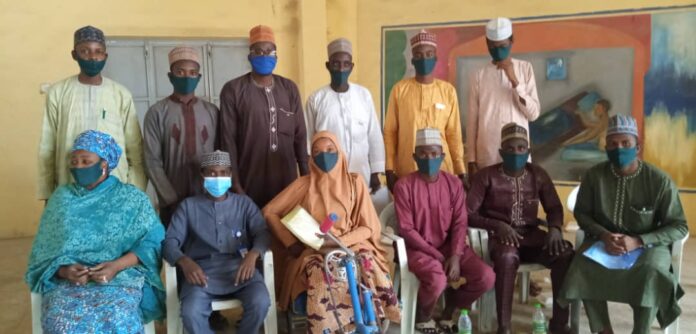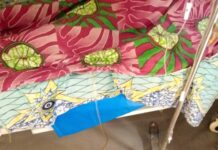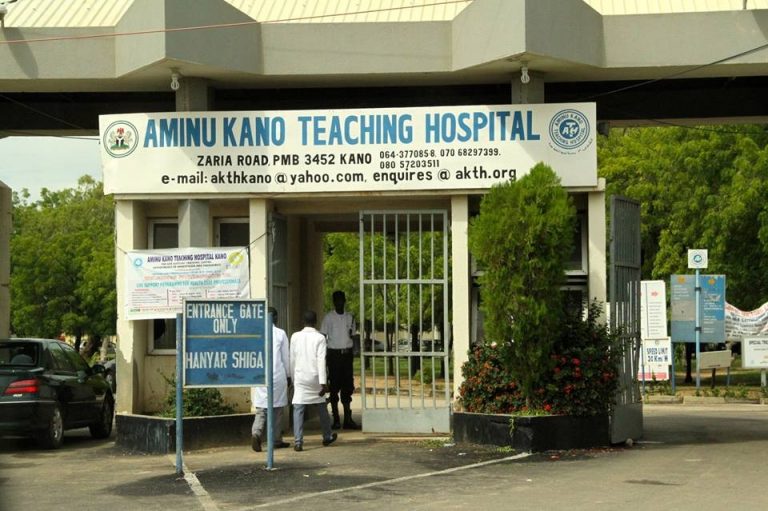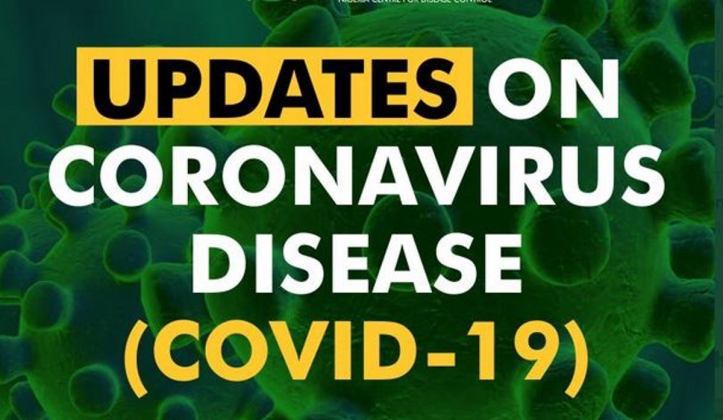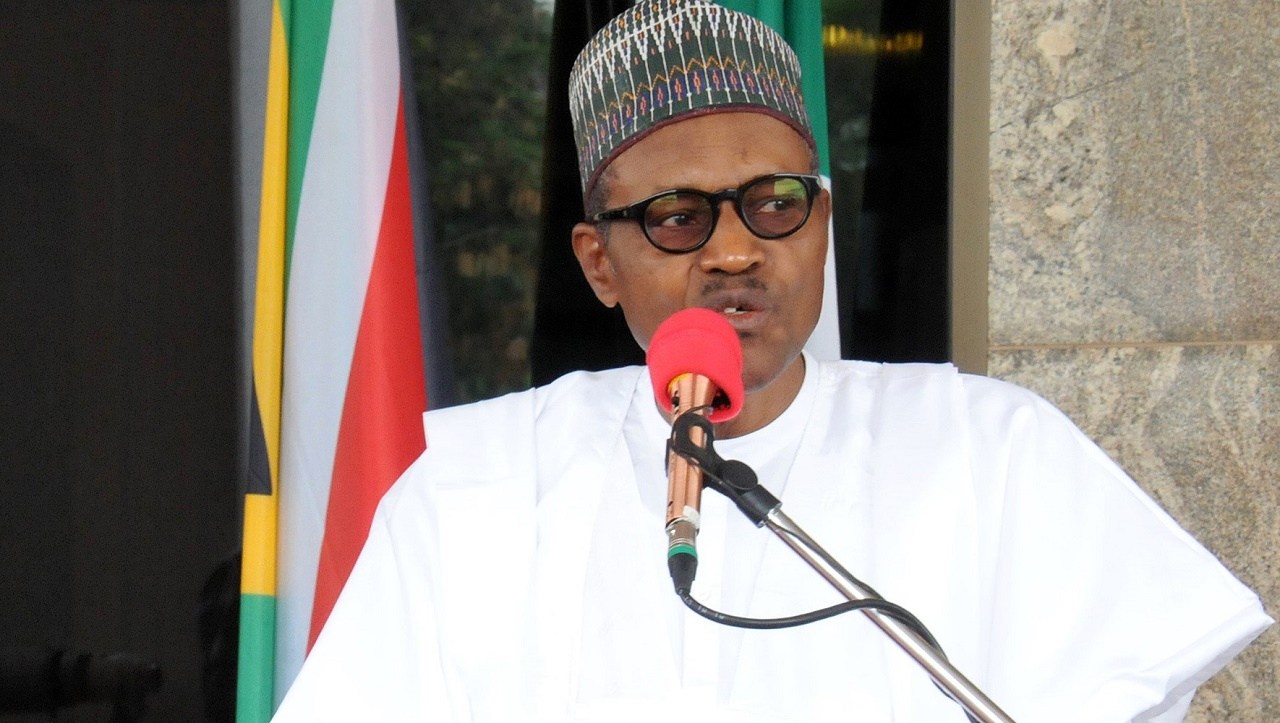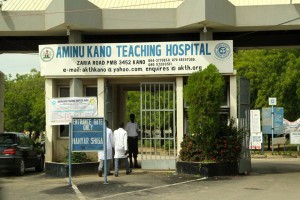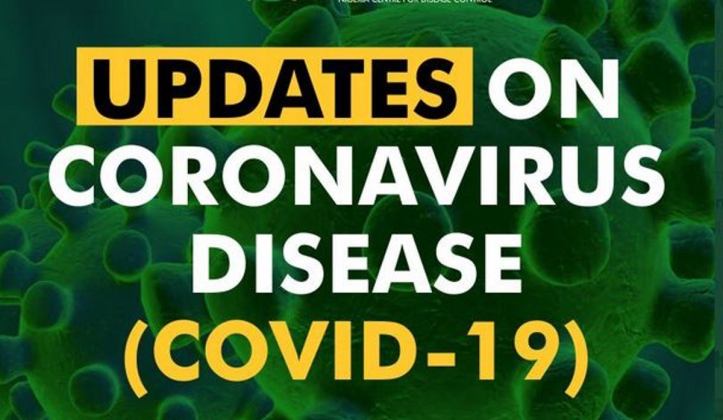Youth Groups Task Gov’t on Adequate Adolescents’ Health Care Services
INFOMEDIA – Marking the annual World Health Day, youth leaders and civil society groups from across Nigeria are urging the government to invest in equity enhancing strategies to restore crumbling services for women, newborns, children and adolescents.
This was contained in a statement signed by the co-ordinator of African Health Budget Network Dr Aminu magashi Garba on marking the Annual world Health day
This year’s annual celebration is being held at the backdrop of the COVID-19 pandemic which continues to threaten the improvement in health and social services.
The theme for this year’s World Health Day is ‘Building a fairer, healthier world’ which reminds us of a need to invest in equity enhancing strategies to address the needs of the most vulnerable.
Nigeria is among 10 countries around the world that recently heeded the call, and recently made major commitments to prioritize investments for the health and well-being of women, children and adolescents.
The West African nation has pledged $2.3 billion during 2020-2028 for strategic interventions that protect the reproductive, maternal, newborn, child, adolescent and elderly health and nutrition through access to family planning services; immunization; and nutrition programmes.
Today youth leaders, campaigners and representatives of civil society organisations from across Nigeria are meeting to deliberate on the progress of improving the health and well-being of women, children and adolescents in Africa’s most populous nation.
Nigeria has the largest youth population in Africa. Since the COVID-19 pandemic erupted, the group has been negatively affected more than others due to the disruptions of essential health, nutrition and social services.
“The World Health Day 2021 is aimed at building a fairer and healthier Nigeria,” says Hon. Muhammad Usman, Chair of the National Advocates for Health (NA4H).
“I am therefore calling on both federal and state governments to improve budgetary allocations and timely release of funds for health interventions, particularly for family planning, nutrition, primary healthcare – including the Basic Healthcare Provision Fund – and the national health insurance for universal health coverage,” he added.
Read Also:
“Therefore, the government, both at the federal and state levels, must invest in the health of young people by ensuring that all primary healthcare centres are adequately staffed, equipped and functional to provide access to sexual and reproductive health services, mental health services and essential life-saving drugs and commodities,” Pitan remarked. In 2020, PMNCH issued a 7-point Call to Action in response to the devastating effects of COVID-19 on the health and well-being of women, children and adolescents.
Experts say a lot still needs to be done and stopping preventable deaths of women, girls and children must remain a top priority. In addition, the COVID-19 pandemic has further worsened the situation as a result of disruption of essential Reproductive Maternal, Newborn, Child and Adolescents’ Health services, including family planning at all levels of healthcare delivery.
Data from the World Health Organization (WHO) from 105 countries show that 90 percent of countries have experienced disruptions to health services, with low- and middle-income countries reporting the greatest difficulties. Some of the most frequently disrupted services include those related to: immunization services (facility-based services: 61 percent and outreach facilities: 70 percent) and family planning and contraception services: 68 percent.
Statistics on health in Nigeria WHO says about 20 per cent of all global maternal deaths occurred in Nigeria, with over 600,000 maternal deaths and about 900,000 maternal near-miss cases between 2005 and 2015 respectively. A woman in Nigeria has a 1-in-22 lifetime risk of dying during pregnancy, childbirth or postpartum/post-abortion compared with the lifetime risk of 1 in 4900 in the most developed countries.
Nigeria’s large population size and high women, children and adolescent (WCA) morbidity and mortality means that the country’s progress can significantly shift the development in Africa and globally. State of Child HealthThe latest UNICEF “Levels and Trends in Child Mortality” stated that Nigeria recorded an estimated 858,000 under-five deaths in 2019. With about 7.4 million children currently born annually in Nigeria, improved policy and investment in infant and child health is crucial to prevent an increase in under-5 mortality.
Access to WASH in Schools.
About a third of all schools (33%) have basic water supply services while 26% of schools provide access to basic sanitation services. As little as 3% of schools have girls’ toilet compartments that have provisions for menstrual hygiene management. Handwashing facilities are not available in 76.4% of schools while about one in ten schools (10%) have access to basic hygiene services.

